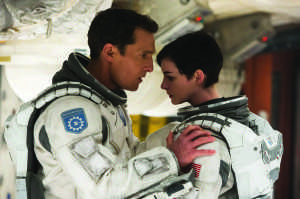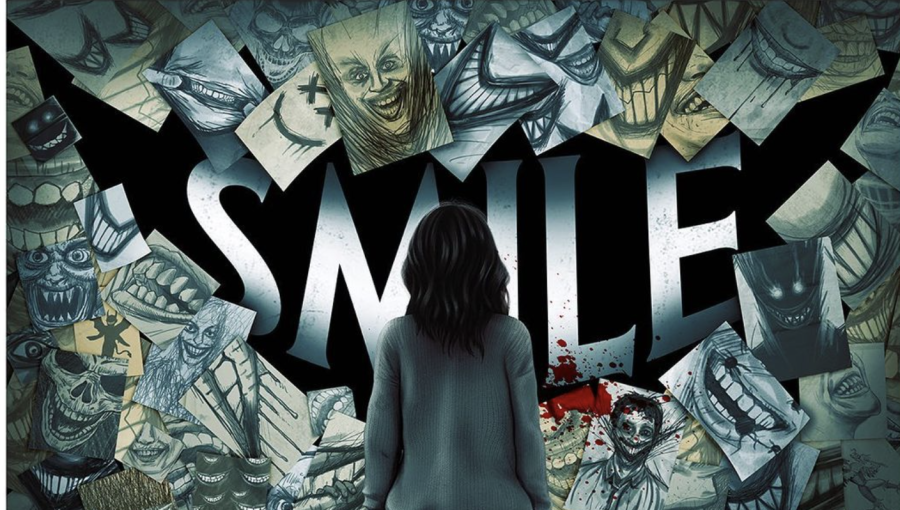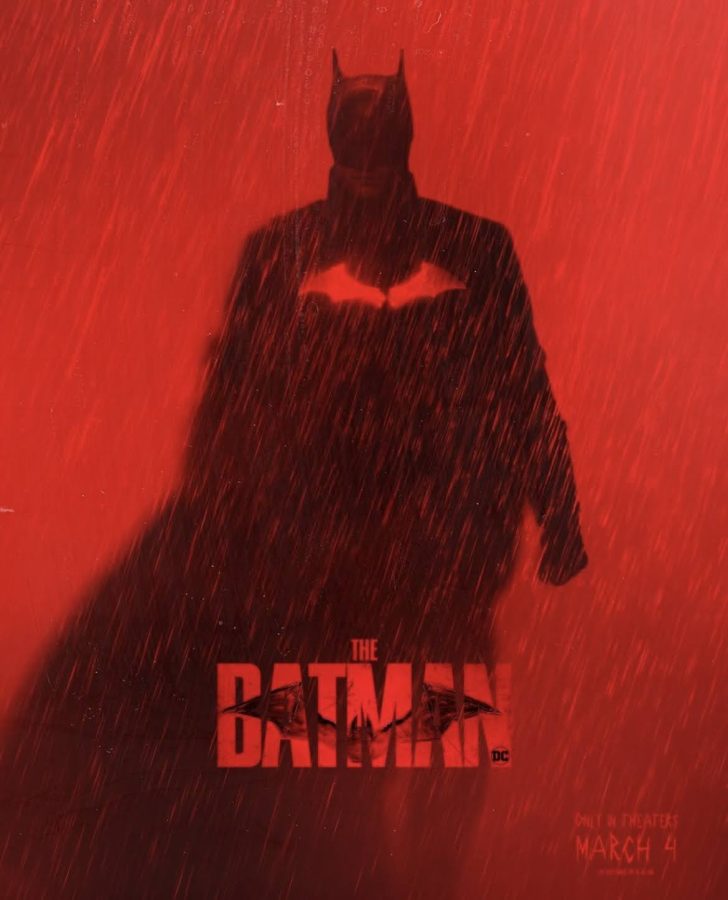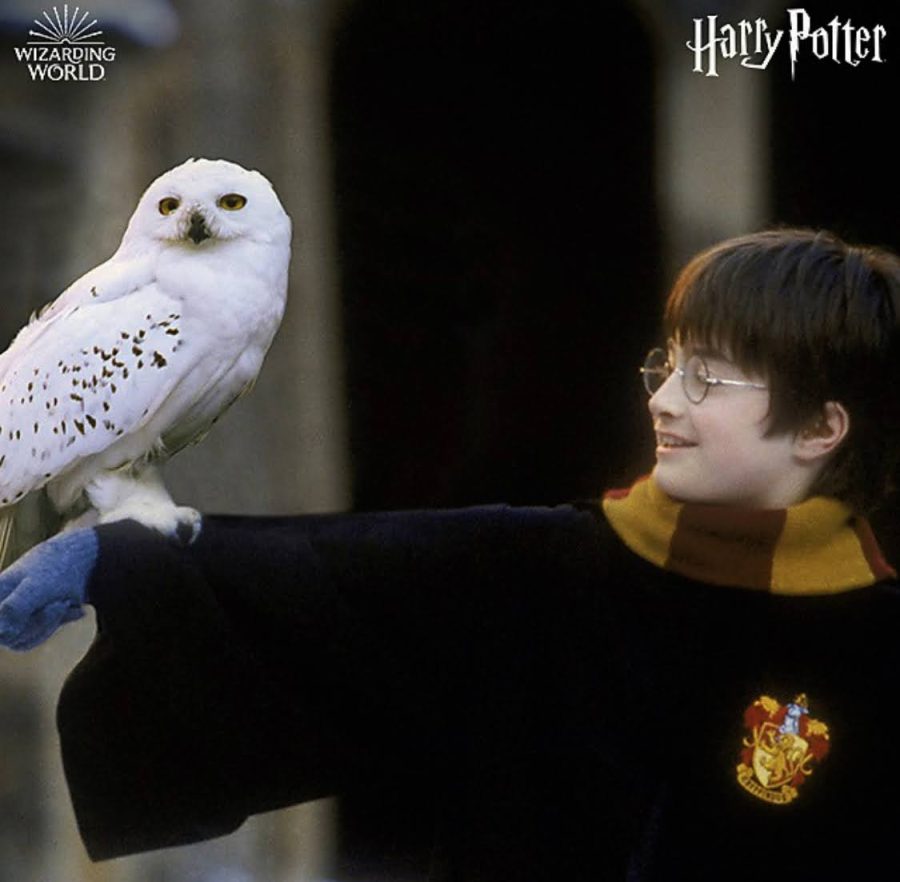Christopher Nolan has been hailed as one of the greatest directors of our time, putting out thought provoking films such as the Batman trilogy, Inception, Memento and many more. While he has not quite reached the level of Kubrick or Hitchcock, Nolan has further cemented himself as a visionary director with the new film Interstellar.

The premise, which has been seen from the trailers, details a future Earth where the food supply is rapidly dwindling. A secret scientific division of the government realizes the only way to save mankind is to take to the stars, and not just our solar system.
The scientist behind the project, Professor Brand (played by Michael Caine) discovers a wormhole near Saturn which leads to another galaxy with sustainable planets. So, the quest to find a new home is launched, with the crew comprising of Brand’s daughter (Anne Hathaway), Cooper (Matthew McConaughey), and a few other crew members.
The emotional attachment is drawn from Cooper’s love to his daughter Murph, as he must balance saving mankind with caring for his daughter. He ultimately chooses to go on the mission, making a sacrifice to miss his daughter grow up, promising her that he will return.
About an hour of the film is set on Earth setting up the mission and relationship between Cooper and Murph, and the remaining two hours is spent after the spaceship goes through the wormhole. I will not describe much here, as the journey is something to be experienced not knowing anything about it. However, I will say that the attention to scientific details and time relativity is very refreshing.
Yet the movie is not without flaws. While we are with the crew on the other side of the wormhole for the mission’s exciting journeys, the narrative jumps back to Earth as resources continue to dwindle and Cooper’s family breaks apart under the stress of their father’s prolonged absence. This narrative jumping might sound intriguing, but, if anything, it merely points out flaws in the story by not leaving more to the imagination.
The effects are good, but nothing that we have not seen before. Nolan is a fan of practical effects and the shots of spaceships that would be CGI in most Hollywood movies are real props and models, which give it a grainy look that do not awe the eye. The ending starts to become ambiguous and thought provoking a la 2001: A Space Odyssey, yet then has to force the theme of love being more powerful than science, which gets old fast.
However, the very end is more ambiguous, with the future of humankind being questioned, hence making the film relevant. Another very positive aspect of the film is the onboard robot, TARS. Unlike HAL from 2001, TARS is a humorous and witty robot with a likeable personality, very much like Baymax from Big Hero 6. The performances are very good, especially McConaughey and Hathaway. Aside from all of the little factors that detract, the film as a whole is ambitiously epic.
The problem is that concepts are either not fully realized or not subtle enough. This might be confusing, but what I mean is that this film deals with both the emotional impact of long term absences as well as the sense of adventure of space exploration. Interstellar does not quite reach a balance, as it is not fully realized as a space exploration film nor is it subtle enough as a human drama. Yet Interstellar raises very deep concepts, and it has been a while since I have left the theater thinking so much about the meaning of life. The vast scope alone is worth a trip to the theater to be experienced on a big screen, but Interstellar is not a flawless film. So, try to make time to go, but don’t expect a masterpiece. Rather, experience a bold and thought provoking but flawed space adventure.











